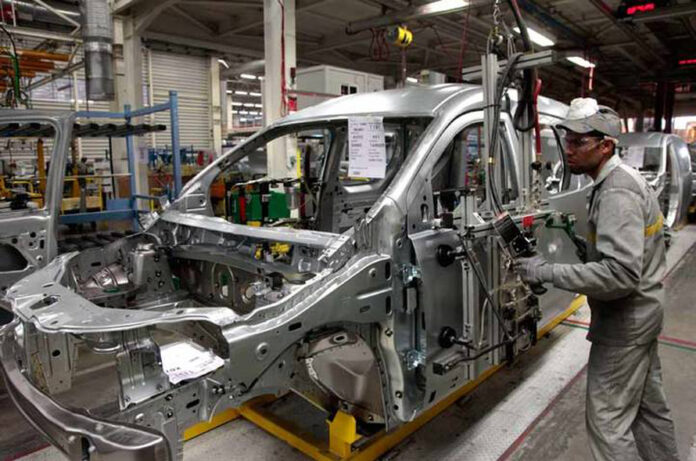Zimbabwe and Zambia have signed a memorandum of understanding for a joint industrialisation project.
The project will see the two countries develop value chains and promote integrated manufacturing based on comparative advantages.
Industry and Commerce Minister, Dr Sekai Nzenza signed on behalf of Zimbabwe while her Zambian counterpart Christopher Yaluma signed for his country in a ceremony that was held virtually.
Dr Nzenza said the agreement was a key milestone as it played a part in deepening regional integration through industrialisation in line with the recently launched African Continental Free Trade Area (AfCFTA).
“The project will contribute in creating jobs, increase investment and reduce poverty thereby transforming the economies of the two member states in line with Agenda 2063 and Accelerated Industrial Development for Africa (AIDA),” she said.
Zimbabwe and Zambia enjoy strong economic ties since the time of the Federation of Rhodesia and Nyasaland with existing areas of co-operation including the Kariba Hydro-electric Power Project from which they both generate electricity.
The two countries are also working together to implement the US$4 billion Batoka Gorge Power Project for the generation of 2 400 MW, which will be shared equally by the two countries as they seek to overcome shortages that they and other countries in the region currently experience.
Dr Nzenza said developing strong value chains and promotion of cross border value chain linkages would create employment for citizens of the two countries and eventually lead them out of poverty.
“This calls for sector by sector analysis both at national and regional levels to identify where integrated manufacturing can take place,” she said.
The minister said the project would also strengthen intra-regional trade, building regional markets in energy, supporting employment and participation of women and youth in all initiatives.
“The Zimbabwe government therefore fully supports the project as it enables it to meet its cherished goal of attaining an upper middle- income status by 2030 through inclusive and sustainable economic transformation through deepening regional integration,” she said.
Members of the Comesa secretariat, which is supporting the project, and officials from the two governments attended the ceremony. — New Ziana




